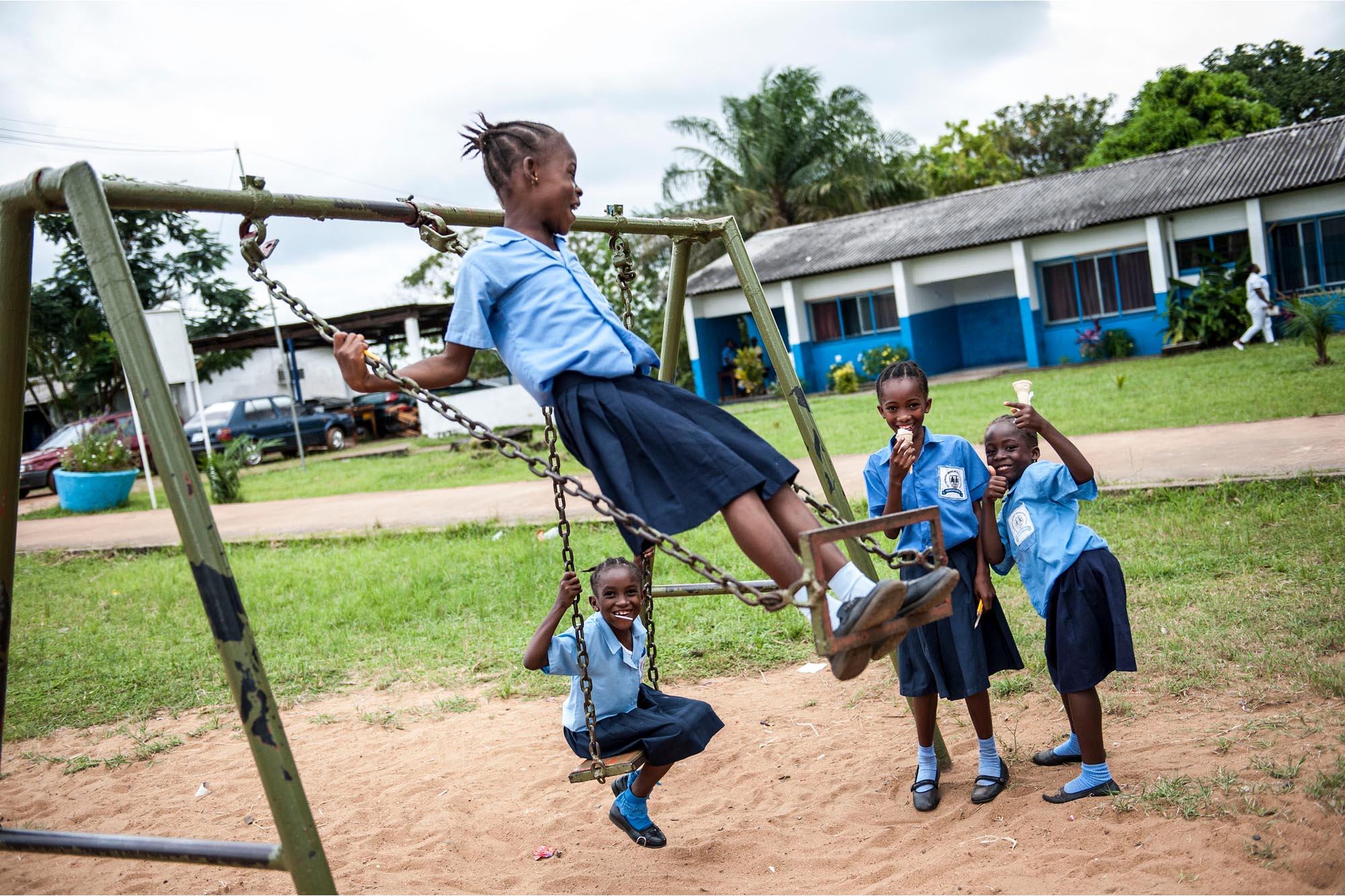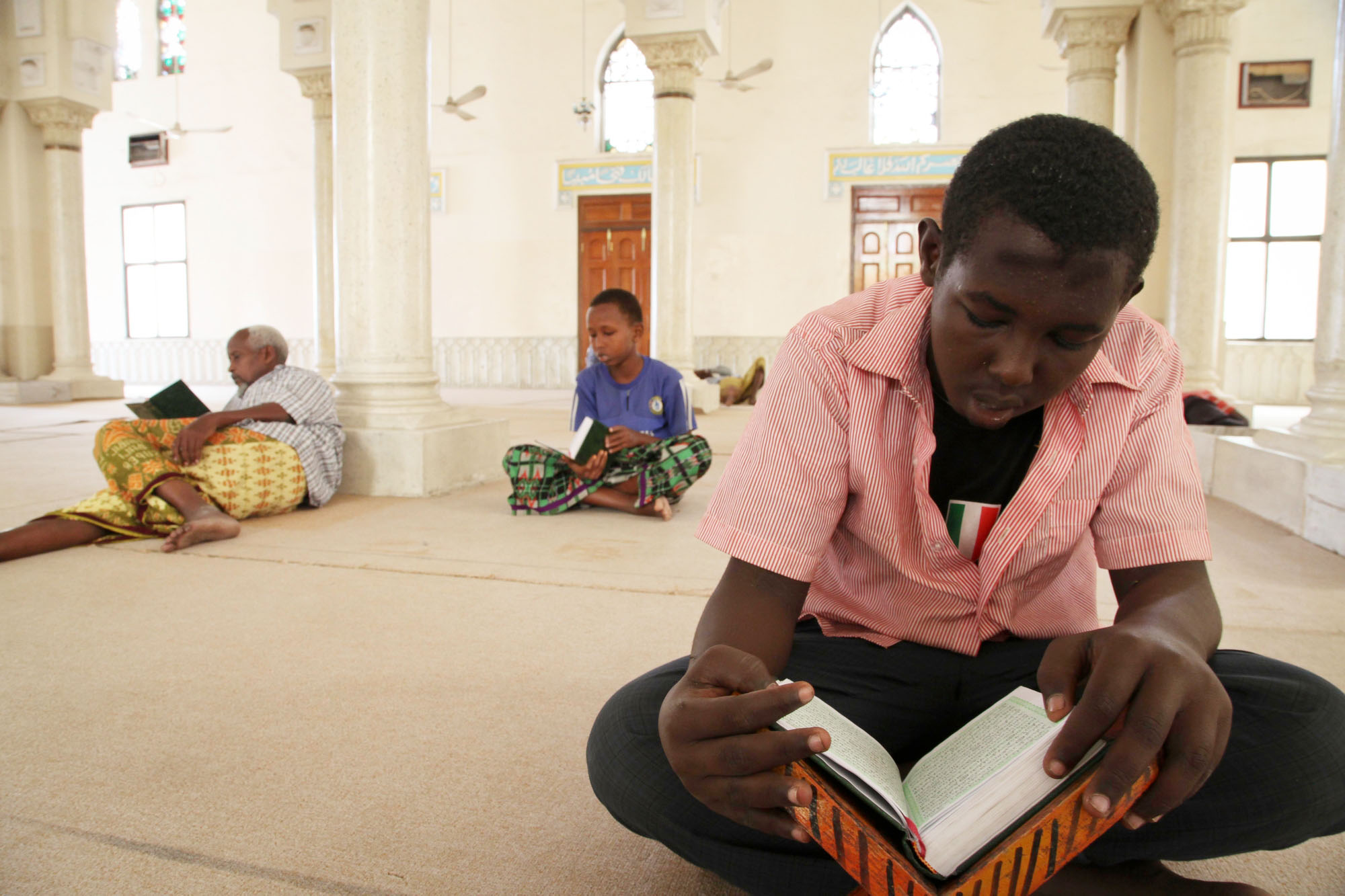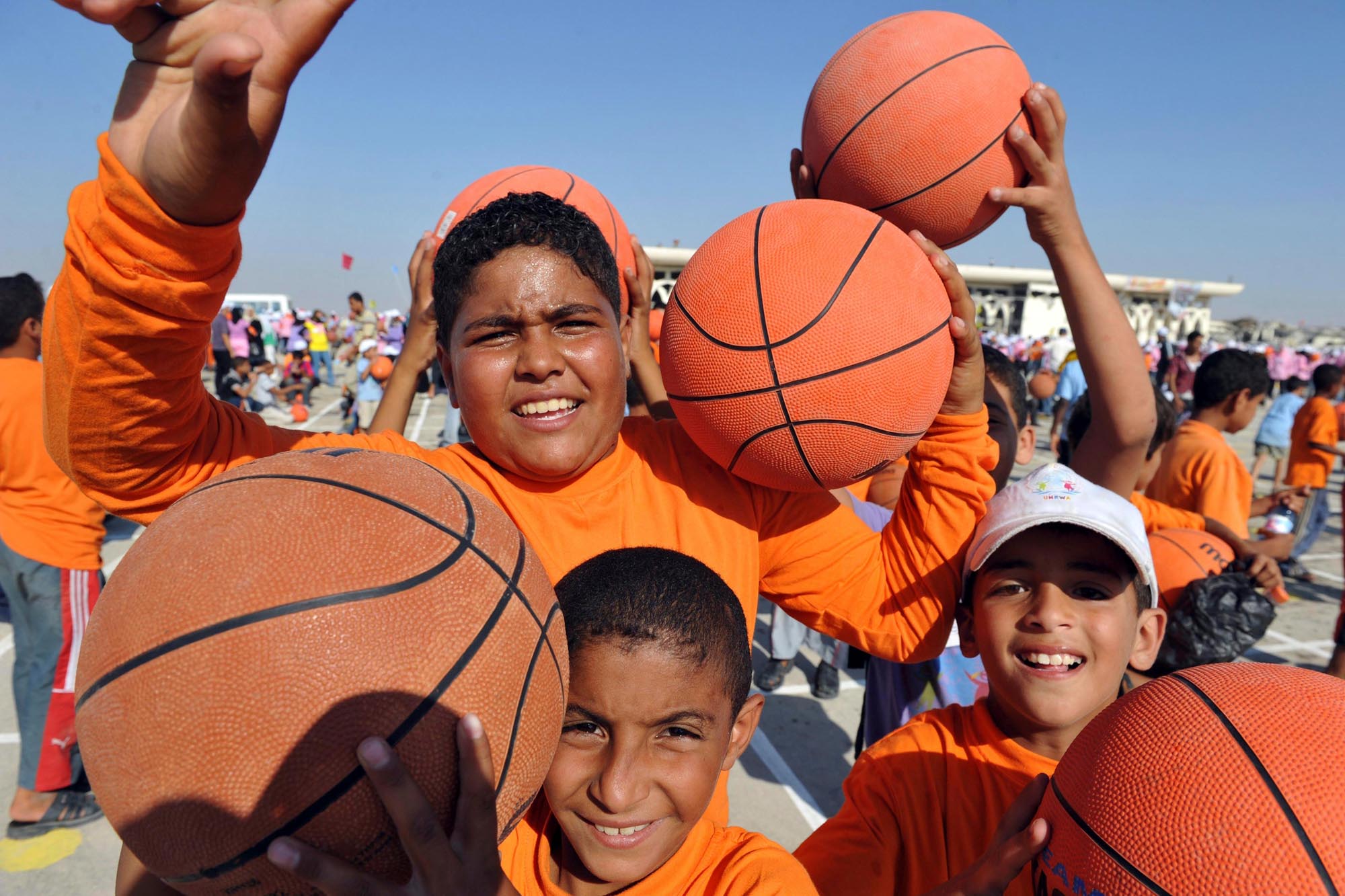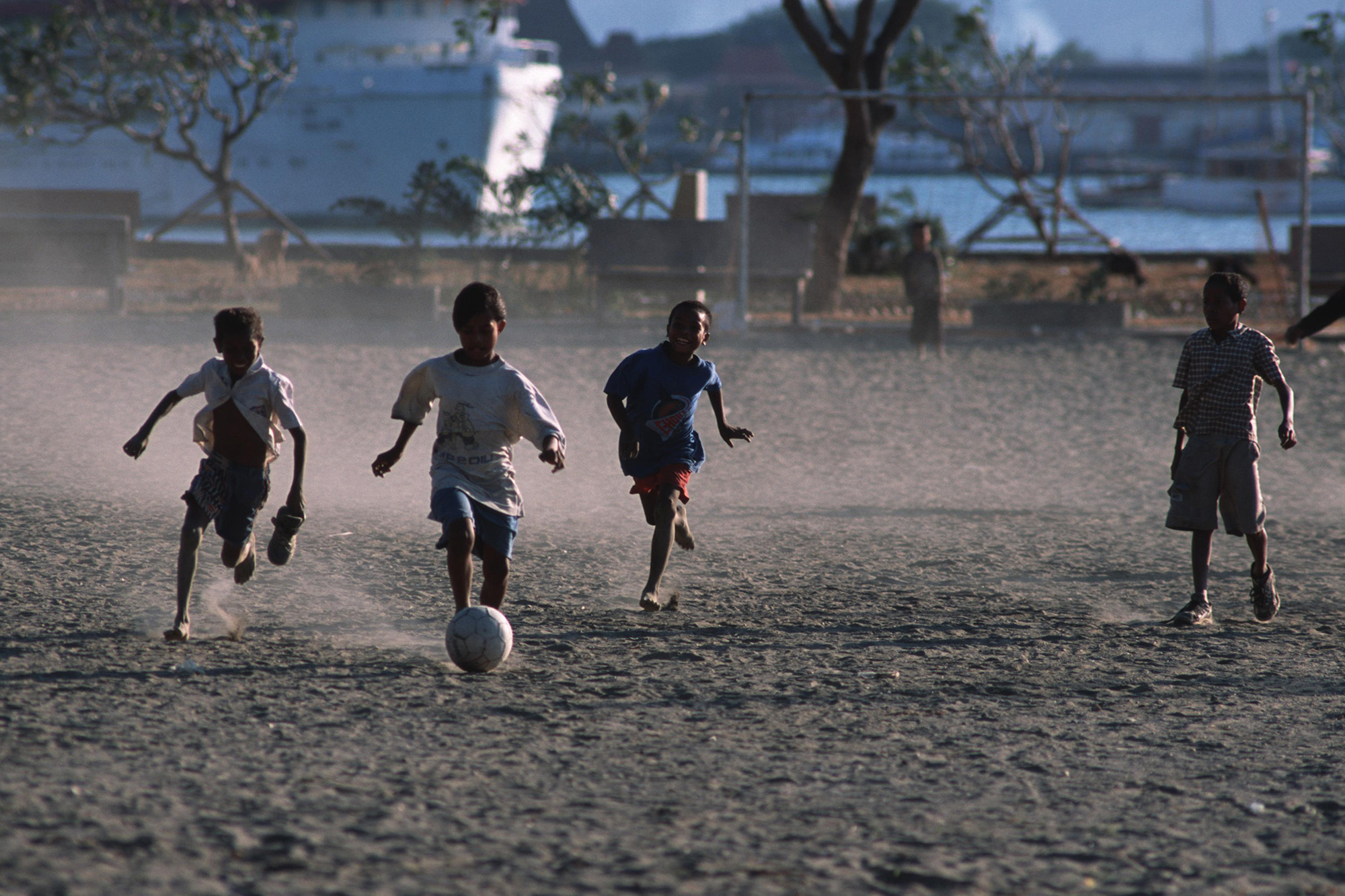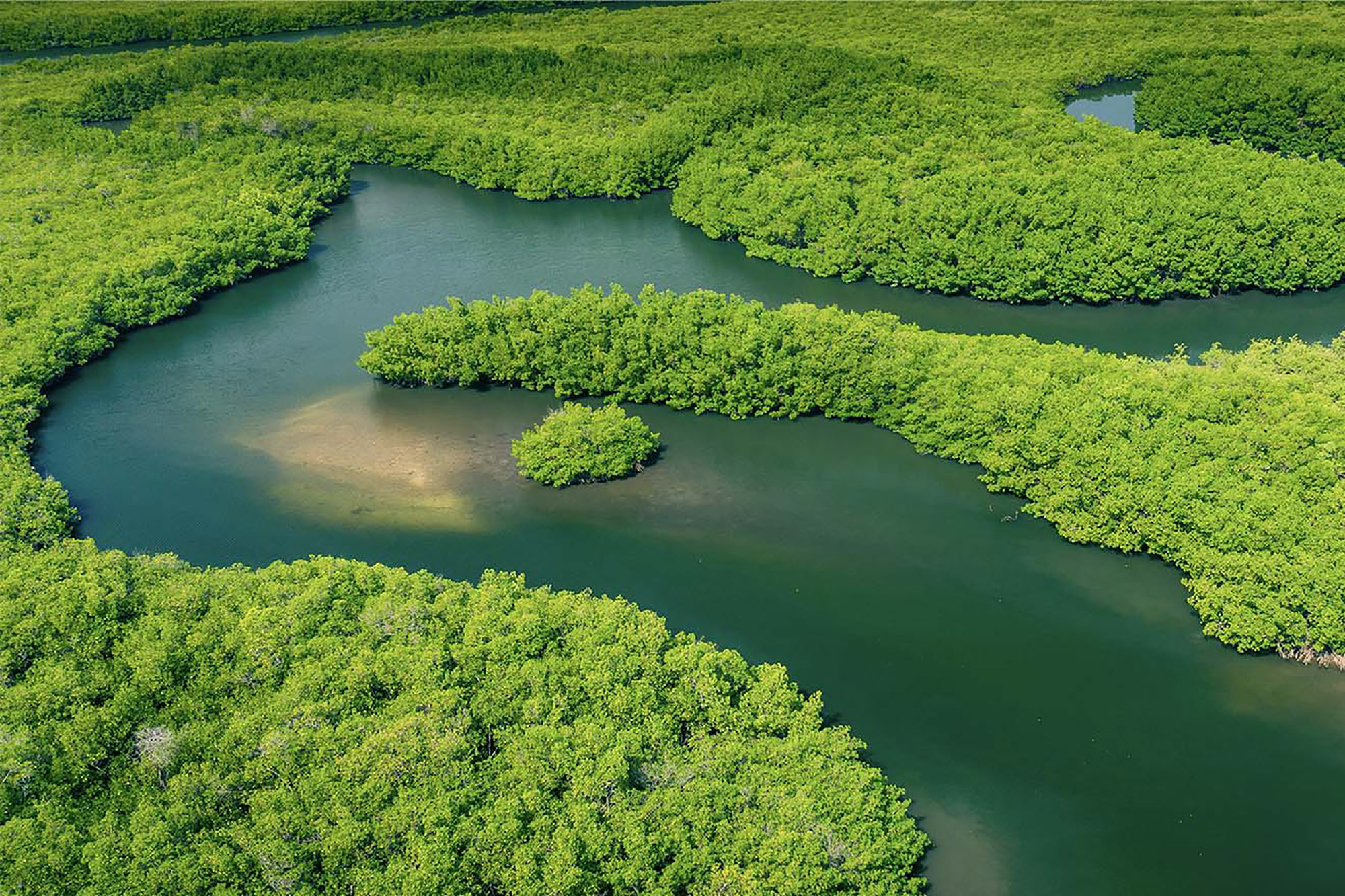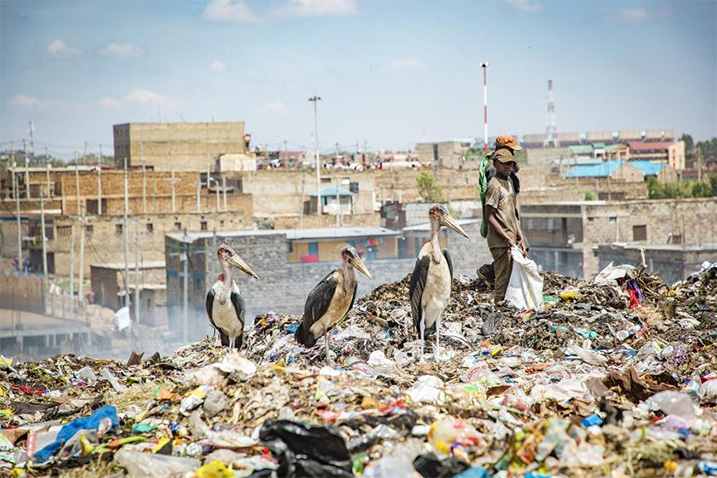Happiness is a fundamental human goal recognized by the United Nations General Assembly, and its pursuit is recognized in many national constitutions around the world. To foster happiness, the United Nations, by upholding human rights and advancing the Sustainable Development Goals, encourages governments and organizations to invest in conditions that foster this emotion. To promote this goal, the World Happiness Report 2025 is being released on 20 March, the International Day of Happiness. It features a ranking of countries based on life satisfaction and the theme of "caring and sharing."
Observances
Islamophobia is the fear and hatred directed at Muslims, leading to hostility and intolerance, which can manifest as threats, harassment, and violence against individuals and places of worship. This rising bigotry includes racial profiling and discriminatory policies that infringe on human rights and dignity. On the International Day to Combat Islamophobia (15 March), the UN Secretary-General calls on everyone to cooperate to promote equality and human rights. By working together, we can build inclusive societies where individuals can coexist in peace and harmony, regardless of their faith.
December 21 marks the anniversary of the first basketball game played in 1891 and was officially designated "World Basketball Day" by the General Assembly last year. Over time, basketball has grown into one of the most popular sports globally, transcending borders, cultures, and languages. It unites people from diverse backgrounds, fostering connections and breaking barriers. By bringing communities together, basketball promotes understanding, cooperation, and peace, exemplifying how sports can serve as a powerful tool for global harmony.
Population ageing is a major global trend reshaping societies around the world. Under the theme "Ageing with Dignity: The Importance of Strengthening Care and Support Systems for Older Persons Worldwide", this year’s International Day of Older Persons (1 October), emphasizes the urgent need to enhance global care systems as populations age. On this day, let's commit to recognizing the rights of both caregivers and care recipients, and to advocate for care systems that uphold their dignity.
The importance of play for children’s development is recognized by the UN Convention on the Rights of the Child, which sets out “the right of the child to rest and leisure, to engage in play and recreational activities”. The United Nations General Assembly established 11 June as the International Day of Play to champion and protect this right. On this day, UNICEF called for this right to be fulfilled for every child.
Children living in war zones face unimaginable horrors every day, from violence and abduction to denial of essential aid. The International Day of Innocent Children Victims of Aggression (4 June) recognizes their suffering and reaffirms the UN's commitment to protecting children's rights. This day affirms the UN's responsibility to protect children's rights. Its work is guided by the Convention on the Rights of the Child, the most rapidly and widely ratified international human rights treaty in history.
Today we celebrate for the first time the International Day of the Markhor, an iconic and ecologically significant species found across the mountainous regions of Central and South Asia. Categorized as “near threatened“, the main threats to the markhor’s survival are habitat loss, illegal hunting and climate change. Besides its ecological value, the markhor is a valuable species that contributes to local economies. Preserving the markhor and its natural habitat is an ecological imperative and a significant opportunity to bolster the regional economy.
25 May is the inaugural World Football Day. It coincides with the 100th anniversary of the first international football tournament, held during the 1924 Summer Olympics in Paris. Today, let's rejoice in the universal appeal and accessibility of football, and use it as a catalyst to promote health and wellbeing, gender equality, and fostering mutual understanding, tolerance, respect, and solidarity.
"Vesak", the Day of the Full Moon in the month of May, is the most sacred day to millions of Buddhists around the world. It’s a day that we honour the birth, enlightenment and passing of the Buddha. On this Day of Vesak (23 May), let us be inspired by its spirit and renew our belief in the potential of the united human family. Together, let's strive towards a more peaceful and sustainable future.
Sport has the power to change the world. It has the power to inspire. It has the power to unite people in a way that little else does. The International Day of Sport for Development and Peace (6 April), presents an opportunity to recognize the positive role sport and physical activity play in communities and people’s lives across the globe. The global theme for 2024 is “Sport for the Promotion of Peaceful and Inclusive Societies”. The UN has long recognized the power and universality of sport and has used it to unite individuals and groups through the promotion of sports for development.
The Universal Declaration of Human Rights highlights the significance of upholding human rights, freedom, equality, and dignity for all individuals, acknowledging past atrocities due to their neglect. The UN stresses the importance of fostering a culture of peace, based on values such as freedom and justice, to prevent conflicts and ensure the full exercise of rights. To align with this goal, the General Assembly designated April 5 as the International Day of Conscience, urging all stakeholders to actively contribute to promoting peace through education, awareness-raising campaigns, and sustainable development initiatives.
Water can create peace or spark conflict. When water is scarce or polluted, or when people have unequal, or no access, tensions can rise between communities and countries. When we cooperate on water, we create a positive ripple effect – fostering harmony, generating prosperity and building resilience to shared challenges. We must act upon the realization that water is not only a resource to be used and competed over – it is a human right, intrinsic to every aspect of life. This World Water Day (22 March), let's unite and use water for peace and build a more stable and prosperous tomorrow.
On the International Day of Forests (21 March), we recognize the transformative impact of innovation and technology on forest monitoring, enhancing tracking and reporting capabilities for countries. With 10 million hectares lost yearly to deforestation and 70 million hectares affected by fires, combating deforestation demands new technological advancements. These are crucial for early warning systems, sustainable commodity production, and empowering Indigenous Peoples. Join the Day's celebration and engage in the conversation on social media using the #ForestDay hashtag and the promotional materials.
Plastic is predominantly produced from oil and gas, both of which are fossil fuels. The more plastic we make, the more fossil fuel is required, the more we intensify the climate crisis. Also, plastic products create greenhouse gas emissions across their whole lifecycle. If no action is taken, greenhouse gas emissions caused by plastic could account for 19% of the Paris Agreement's total allowable emissions in 2040 to limit warming to 1.5 degrees Celsius. Read more about climate change.

